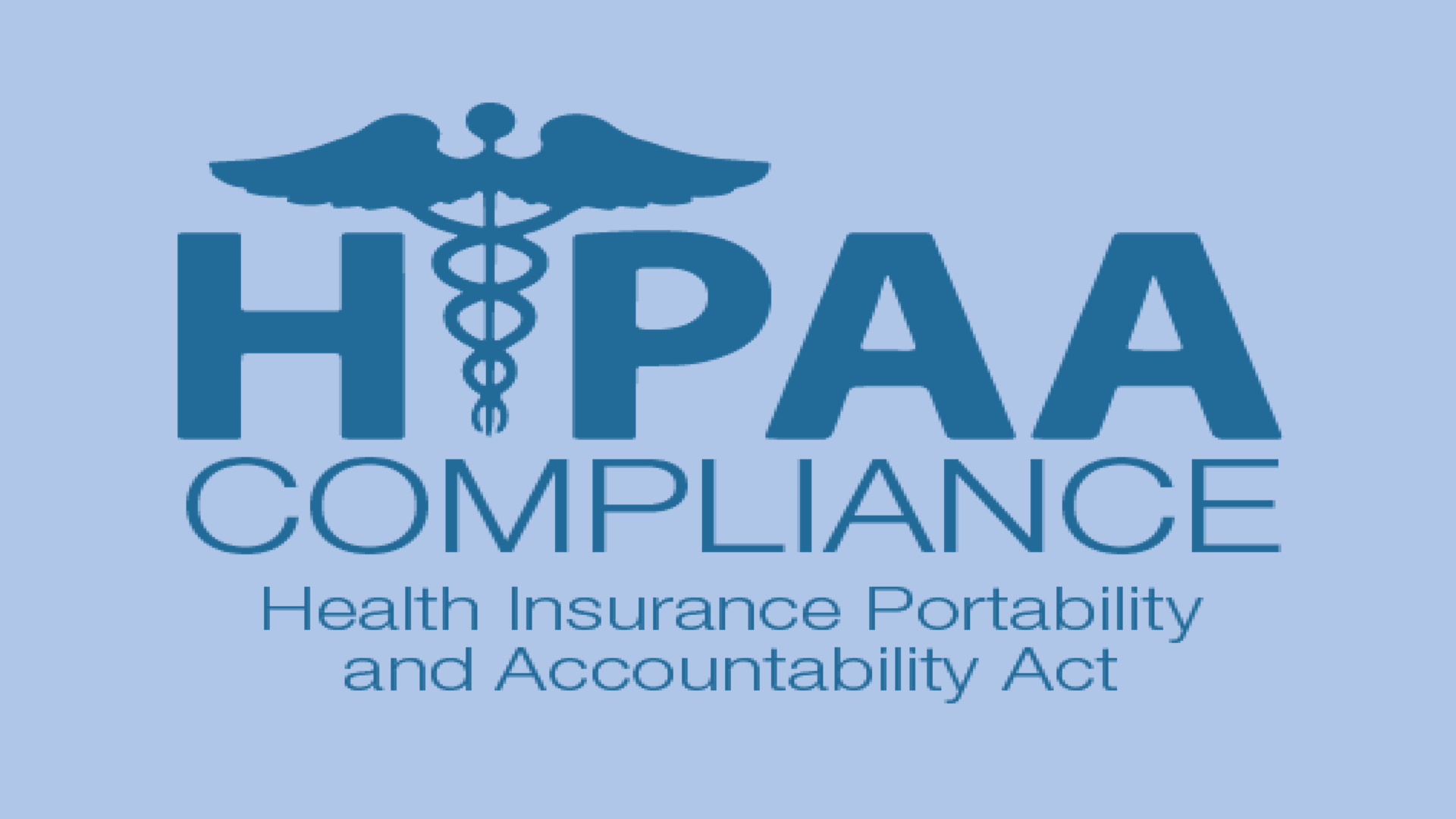What Blockchain Can Do for Healthcare
For a lot of people, blockchain means Bitcoin, and Bitcoin is blockchain. In reality, however, Bitcoin is a single financial product developed on top of the blockchain technology. Blockchain itself is a series of large segments of records—known as blocks—linked to one another using cryptography. Blocks of information are then stored across a vast network in a decentralized way. The very nature of blockchain technology is the reason why it can offer many advantages compared to traditional database-based recordkeeping. At its core, the way blockchain stores information makes the entire network safe from unauthorized data modifications. Blocks are validated, and the network operates and updates itself through peer-to-peer connections (P2P).Cryptocurrencies such as Bitcoin and Ether are only mere products of blockchain tech. The same decentralized information network can be implemented for many other purposes, and the latest push is for blockchain to truly revolutionize healthcare apps and the healthcare industry as a whole.
Decentralized Medical Records
As mentioned before, the two strongest traits of blockchain are its data integrity and decentralized nature. These two advantages are perfect for taking today’s use of Electronic Medical Records (EMRs) to a whole new level. The healthcare industry currently suffers significantly from a strong lack of interoperability between healthcare companies—from hospitals and care organizations through to health insurers and every other company-type which operates in the healthcare vertical. This is, in part, due to the heavy security compliance placed on personal health information (PHI). (More on this here.)Using blockchain at its foundation, large data sets are saved in the InterPlanetary File System (or IPFS) and its anchor is stored in the block. In this manner, medical records can be accessed, and updated better across a large and reliable network. For starters, new records are generated in an encrypted form and they are given a unique fingerprint known as a cryptographic hash before being written to a block. (The use of cryptographic public and private keys helps overcome the security issue of HIPAA compliance.) These hashes can then be used to find the actual location of the file—to cut blockchain storage costs down. IPFS keeps track of files and their respective versions from everyone in a network. EMRs that cannot be altered or tampered with will guarantee patients’ safety, which is why blockchain technology is the future of achieving this goal. The implications to the healthcare industry are massive, especially when you consider how healthcare-related legal issues now rely heavily on the integrity of EMRs.
Healthcare Micropayments
Blockchain healthcare applications can also make the whole industry more efficient through the use of micropayments. This too is a simple idea that can be elevated to a revolutionary concept with the help of blockchain technology. Healthcare micropayments reward patients for following a care plan. Patients are given incentives for sticking with their healthcare program, taking active steps toward staying healthy, and keeping their appointments. Every detail of patients’ activities is added to the blockchain and each entry can be traced back and reviewed meticulously. When this system is implemented, we may see a more effective healthcare industry that doesn’t only run efficiently, but also participates in making the community healthier.
Consent Management
Healthcare is a very regulated industry, which is why the immense data integrity that blockchain can offer is crucial. Healthcare institutions are required to maintain detailed records of patients’ care and activities; blockchain is, quite simply, the perfect approach for healthcare information management needs and mass interoperability. The data integrity level of a blockchain also enables better consent management. Rather than using paper documents and traditional signatures to get patients’ or their family’s consent, everything can now be done digitally through healthcare applications running on top of a blockchain network. (This is happening in limited levels with traditional information technology.)When a patient gives his or her consent through the app, an encrypted block gets added to the blockchain. That block and the integrity of the information it stores cannot be disputed, which means service providers can safely refer to the stored information at any point.
Endless Possibilities and Even More Benefits
The potential applications that we discussed earlier are only some of the examples of how blockchain can really revolutionize healthcare with its decentralized applications. The possibilities are indeed endless and different applications scenarios are already being tested on the market. Using blockchain for clinical trials and medical research is also something that the industry is pushing right now. With blockchain, it is possible to run healthcare in the cloud and fully benefit from the system. The benefits for patients are even more prominent. Those benefits include:
- Better healthcare services in general: With EMRs being stored in a decentralized way, medical institutions and practitioners always have access to the information they need. Patient care can be delivered faster and in a more accurate way too.
- Faster care for patients: Through applications such as digital consent management and better information systems, healthcare institutions don’t have to wait too long before they can deliver the best care to the patients. Shorter waiting times will greatly improve success rates.
- Streamlined medical research efforts: Patients can contribute to medical research programs without going through a lot of hassle. Data from EMRs—information already in the blockchain—can be submitted to research programs with patients’ consent with only a tap of a button.
- Rewards for following care programs and staying healthy: The healthcare information system itself can be integrated with other apps designed to work with the blockchain system, including fitness apps and trackers.
It is easy to see how a switch to blockchain technology and decentralized applications can completely transform the healthcare industry. The good news is that the switch is already beginning—slowly, but surely. Healthcare institutions, research facilities, and other stakeholders are finding new ways to integrate blockchain into their workflows to become more secure and efficient. The biggest challenge (that currently exists) is the healthcare industry is not yet willing to adopt a new system and “community-based healthcare models” seems a big leap. However, this is why the future of healthcare lies in the use of blockchain technology. Ibexlabs is an experienced DevOps & Managed Services provider and an AWS consulting partner. Our AWS Certified DevOps consultancy team evaluates your infrastructure and make recommendations based on your individual business or personal requirements. Contact us today and set up a free consultation to discuss a custom-built solution tailored just for you.









